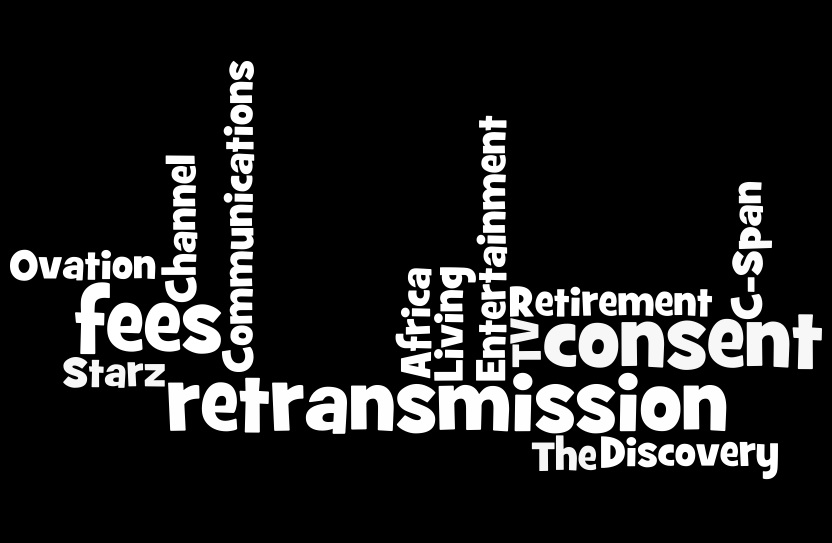Discovery, Ovation and Starz Side With Cable and Telcos Against Broadcasters In Retrans Consent Fee Dispute
SAN FRANCISCO, May 26, 2010 — The rules governing the terms on which cable and telecommunications companies get to retransmit broadcasters’ signals definitely need an update, said a group of independent programmers in several recent filings with the Federal Communications Commission. The filings, f
SAN FRANCISCO, May 26, 2010 — The rules governing the terms on which cable and telecommunications companies get to retransmit broadcasters’ signals definitely need an update, said a group of independent programmers in several recent filings with the Federal Communications Commission.
The filings, from Discovery Communications, The Africa Channel, C-Span, Ovation, Retirement Living TV and Starz, all complain that federal law grants broadcasting companies too much power, and that has resulted in independent programmers’ increasing marginalization.
The rules needed to be updated so that broadcasters can’t force cable companies to carry broadcasters’ other channels as part of the retransmission consent fee package, they argue.
“This imbalance in retransmission consent negotiations is causing an increasingly greater proportion of [program distributors’] limited programming budgets and channel slots to go to broadcasters, at the direct expense of high-quality programmers like Discovery Communications,” complains Discovery’s lawyers in a May 18th filing. “The impact of rising retransmission consent demands, both in the form of increased fees and demands for increasing numbers of channels for their affiliates, is a decline in the carriage fees and channels that [program distributors] can devote to independent programmers.”
All of the filers note that this development in the marketplace contravenes US media policy, the goals of which are to foster diversity, localism and competition.
“I believe the greatest measure of a democracy is the freedom it gives to its people to express their views and have access to a myriad of different voices,” said Ovation’s Chief Executive Officer Charles Segars in a recent comment letter to the FCC. “Under the current retransmission-consent regulatory structure, those freedoms are being compromised, as well as the principles of fair play.”
Retransmission consent fees are the fees and packages that program distributors such as cable and satellite companies pay broadcasters to retransmit their signals to their own customers. The scheme was established in 1992 by the Cable Television Consumer Protection and Competition Act amid much controversy. Under the multi-faceted law, broadcasters can either choose to have all of their channels carried for free by the program distributors, or negotiate retransmission fees that can include the requirement to carry extra channels as part of the fee. The retransmission consent fee is in addition to the copyright fees that distributors pay for the programming.
A large coalition of cable and satellite providers and non-profit groups this March asked the FCC to make several key changes to the rules in the wake of a spat between Cablevision and ABC that left millions of viewers in the New York City area without service from ABC on the eve of the Oscar ceremonies. The coalition says that changes in the market have left the rules outdated and give broadcasters way too much negotiating power.
Broadcasters, for their part, argue that the market is working perfectly, that such disputes are relatively rare, and that the FCC doesn’t have the authority to make the changes that the petitioners want.
The petitioners have asked the FCC to implement a new arbitration procedure if both sides can’t come to an agreement before their contracts expire and to require broadcasters to stop making the carriage of additional channels part of their fees. They also want the FCC to allow program providers to continue carrying broadcasters’ signals on an interim basis as the two sides negotiate.
BroadbandBreakfast.com is hosting a panel discussion about retransmission fees and video program licensing issues June 8 at Clyde’s of Gallery Place in Washington, DC. The event is free and open to the public. Join us!
Image courtsey of: Wordle.net









Member discussion